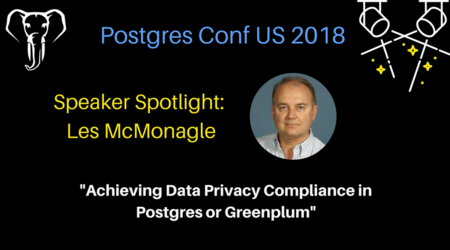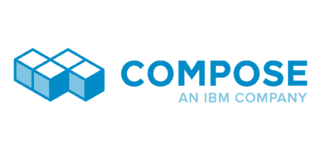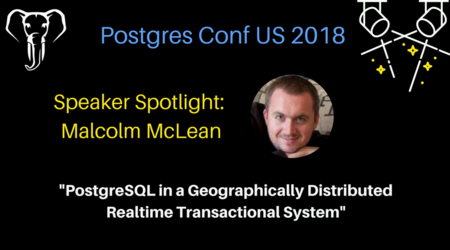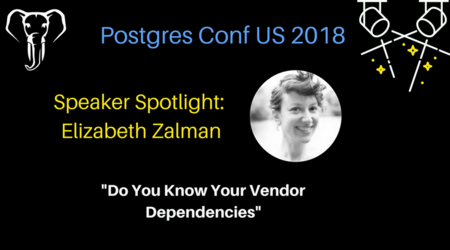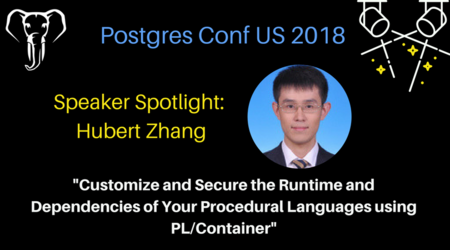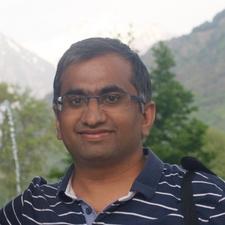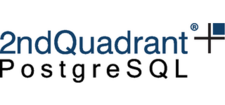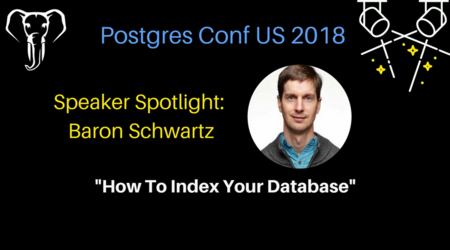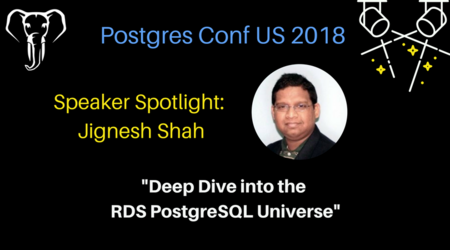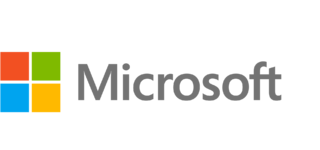
As part of the countdown to PostgresConf US 2018, learn more about about featured Platinum Sponsor Microsoft, including their commitment to partnering with and contributing to the Postgres community:
You are newer in the Postgres community. Tell us how you contribute (or how you plan to).
We are excited to be working with PostgreSQL community. We would love to partner with the community to bring our experience, from building SQL Server over the years, to PostgreSQL – and to learn in areas where PostgreSQL excels. We have already engaged on pgsql-hackers mailing list and working with the community on patches. Moving forward, we will continue to contribute back and partner with the community in the service of our customers. As we look forward, the possibilities of what we can work together on are amazing.
How do you foresee yourself helping the Postgres community?
As mentioned above, we would love to share our learnings from working on SQL Server with the PostgreSQL community. While there are many areas that we can work on together with the community, a couple of areas to highlight would be connectivity for the cloud and making PostgreSQL more robust and compatible in Windows development environment.
What challenges did you face building AzureDB?
A key learning for us while working on Azure Database for PostgreSQL has been that the fundamental needs of the CIO from any database in the cloud is quite similar – cost saving, fundamentals like reliability, performance and scale, as well as security. In the 9 months between preview and general availability, we heard similar feedback again and again from customers and worked on these key areas. For example, we ensures that there is built-in HA so developers can be confident of their customer experience. Similarly we ensure that we have worldwide but also local compliance to serve customer needs across the globe.
What goals do you have for the Postgres community?
Microsoft’s mission is to enable every person and every organization on the planet to achieve more. To make this mission meaningful for our customers, we intend to meet them where they are, helping them to be productive with the technologies and tools of their choice. PostgreSQL has a strong community and is one of the most loved open source databases, bringing industry leading innovations to customers.
What is the number one barrier you see to contributing to the Postgres community?
For us this is start of an important and enduring journey and so far we have had great support from the community.
What is the best thing about working with the Postgres community?
PostgreSQL is a global community with talented engineers. So the best things about working with the community is the learning and sharing of experiences with the some great minds.
Tell us why you believe people should attend PostgresConf 2018 in April.
Because it is the best place to learn, interact, and network with everyone working on Postgres – either building Postgres or users of Postgres.
About Microsoft:
Microsoft's mission is to empower every person and every organization on the planet to achieve more. With its Data & AI solutions, Microsoft enables developers to easily build and deliver intelligent apps by offering productive and familiar tools to integrate data and built-in AI. To offer more choice and flexibility to developers, Microsoft has now introduced Azure Database for PostgreSQL, a PaaS offering for PostgreSQL.
Mark Bolz, Principal Program Manager with the Microsoft Azure Data Group, presents "General Data Protection Regulation (GDPR) with Azure Database for PostgreSQL" on Wednesday, April 18 at 4:30 pm. Principal Program Manager Sunil Kamath presents "Combine the Power of Community PostgreSQL and Microsoft Azure to Migrate Existing or Build New Apps" on Friday, April 20 at 12:50 pm -- see event listing for location (subject to change).
Rohan Kumar, Corporate Vice President of Azure Data at Microsoft, will present the Microsoft keynote on April 19 at 3:40 pm, in the Newport Grand Ballroom. Visit the Microsoft team in the Exhibit Hall in the Newport Grand Ballroom on Wednesday, April 18, and Thursday, April 19.
Check out the full schedule for PostgresConf US 2018, and buy your tickets soon!
